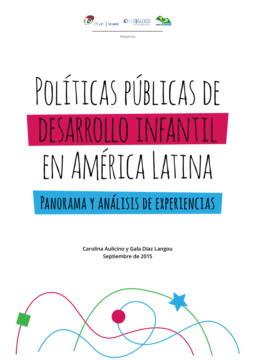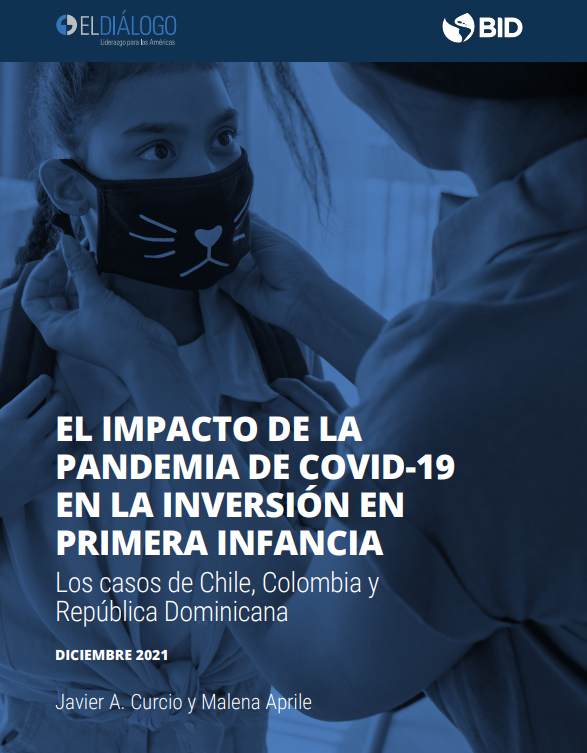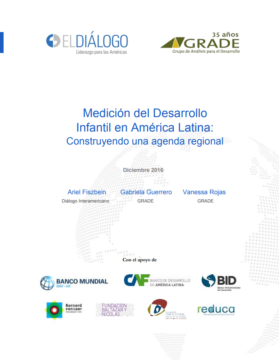
An Agenda for Early Childhood Development
Early childhood development is one of the investments with the highest returns and allows us to achieve, simultaneously, equity and efficiency objectives.
This post is also available in: Español
The Covid-19 epidemic that was unleashed towards the end of 2019 led to an unprecedented economic and social crisis for Latin America and the Caribbean, not only because of its magnitude but also because of its reach to all countries in the region. The educational system saw interruptions in its school cycles and academic schedules, in some cases giving rise to forced virtualizations while, at the same time, there was also a need to adapt the system to keep services running. However, inequities increased as a result of the unequal distribution of resources in multiple dimensions for both students and teachers. In addition, family dynamics, the distribution of tasks within the home, and the care of children are also being affected, with numerous consequences for the entire population.
In this context, this report, developed by Javier Curcio and Malena Aprile with the support of the Inter-American Dialogue and the Inter-American Development Bank, aims to analyze the impact of the Covid-19 pandemic on the central early childhood policies that make up the defined basic benefit packages, identifying their fiscal and budgetary implications in particular. For this purpose, the countries of Chile, Colombia, and the Dominican Republic were selected to form the sample under analysis in the study.
The Education Program thanks the Inter-American Development Bank for their generous support in the making of this report.
Early childhood development is one of the investments with the highest returns and allows us to achieve, simultaneously, equity and efficiency objectives.
Measuring early childhood development (ECD) at the national level is crucial for informing policy-making and for evaluating ECD programs in Latin America.
La importancia de los primeros años de vida sobre la formación del capital humano es ampliamente reconocida. ¿Cómo podemos asegurar una oferta de servicios de calidad?
 August de Richelieu / Pexels / CC0
August de Richelieu / Pexels / CC0

